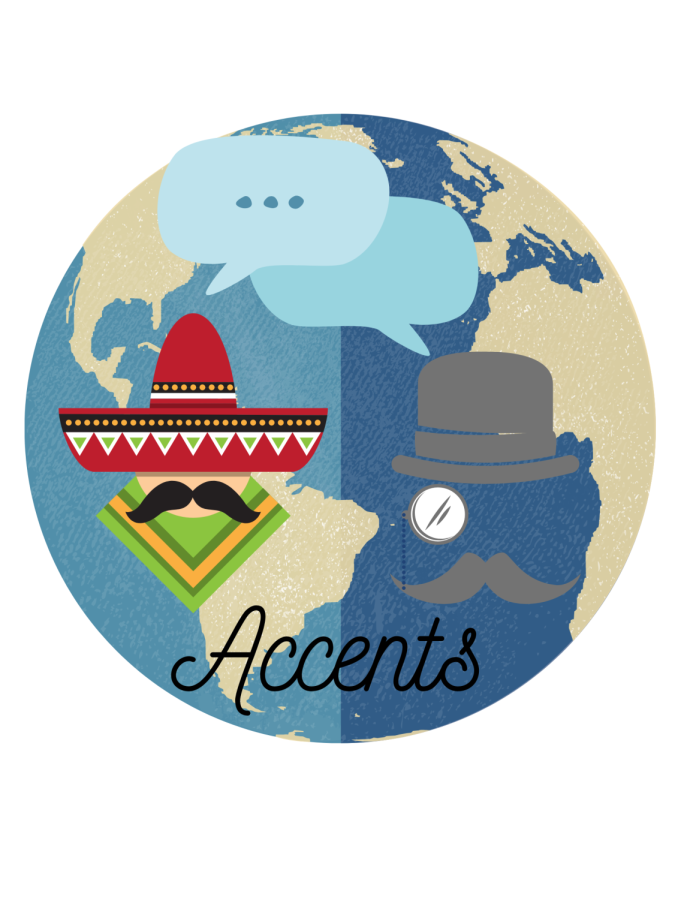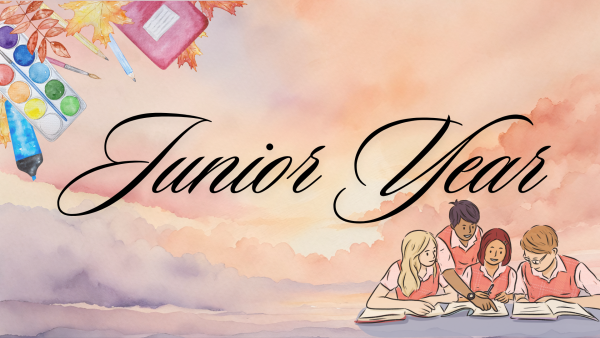How People Get Their Accents
How do people get their accents?
“He’s so gobby.” Try to say that in a British accent. Have you ever wondered how people get their accents? Accents are a distinctive mode of pronunciation of a language that can be associated with a particular nation, locality, or social class.
Centuries ago accents were created when groups of language users lived in isolation, with no regular contact with other people using the same language. This was more prominent in the past with the absence of fast transportation and mass media, but not so much now.
According to Psychology Today, accents are created because of how people pronounce their vowels and consonants, which is called the prosody of speech. Usually, people that have constant interaction with one another will have or develop the same accent.
There are two contrasting kinds of accents. Linguistic Society of America states that one type is known as a foreign accent which occurs when people speak one language using most of the rules or sounds of another accent. If a person has any problems pronouncing various sounds of another language they are learning, they will create a different sound for these words. Substituting similar sounds causes accents to occur due to the lack of being able to pronounce the sounds correctly.
The other type of accent is simply when a group of people speaks their native language. This can be related to where they live and/or what social group they belong to. People who live closely with each other begin to share the same accent, which will be different from the way other people in other places speak.
There are a variety of accents throughout the world. There are about 160 dialects and accents for the English language. For the United States of America, there are at least 30 major dialects or accents.
Everyone has some type of accent even if one can not hear it; people simply speak differently from one another!
Your donation will support the student journalists of Canyon High School. Your contribution will allow us to pay for our print issue magazine, website, and equipment costs.

Emily Viramontes is a Staff Writer for The Pony Express. She is a senior at Canyon High School and loves the journalism program. She is interested in journalism...






